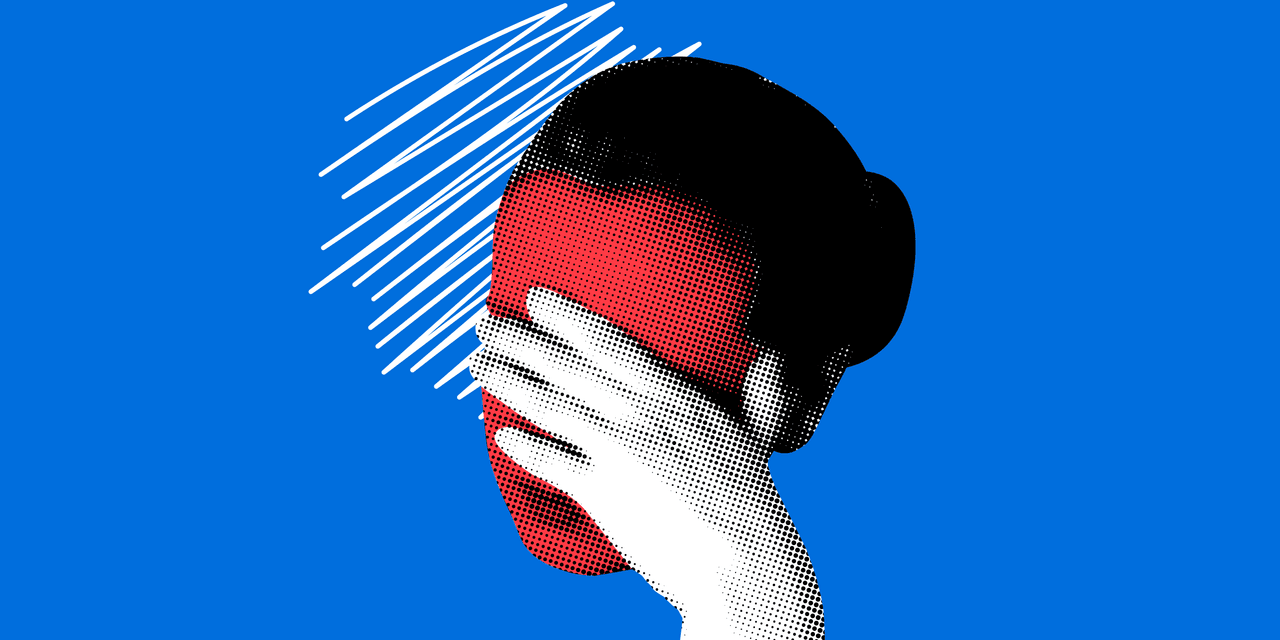Blog
Monsoon changes the rules of hair oiling, here are the tweaks experts say to make

Hair oiling is one of those rituals that feels immune to seasonality. A grandmother’s Sunday routine, a student’s exam-night stress buster, the one constant between winter dryness and summer heat. But monsoon complicates matters. High humidity doesn’t just change the way hair looks and feels; it alters the scalp’s ecosystem altogether. That’s where the debate begins: does hair oiling help restore balance or does it push the scalp further off-kilter?
What humidity does to your scalp
“High humidity traps sweat and sebum, disrupting the scalp’s microbiome and encouraging overgrowth of Malassezia fungi and certain bacteria,” explains Dr Kalyani Deshmukh of Traya. “This leads to itching, inflammation and flaking. Think of your scalp in the monsoon as a tropical greenhouse—warm, damp and perfect for fungal overgrowth. Unless you keep it clean and balanced, nature will take its course in your head.”
She adds that scalp health cannot rely on topical care alone. A protein-rich diet, probiotics for gut balance and nutrients like omega-3 fatty acids, biotin and vitamin E all help reinforce the hair shaft and improve keratin production. In other words, monsoon hair health depends as much on what you eat as what you apply
Why dandruff thrives in the rains
The season is notorious for triggering scalp conditions. Dandruff and seborrheic dermatitis are more common as moisture accelerates fungal growth, while poor drying habits and irregular washing make matters worse. Dr Deshmukh recommends lightweight conditioners, careful drying after every wash and avoiding rainwater on the scalp as simple ways to reduce flare-ups
The weight of heavy oils
For some, oiling feels protective, like armour against frizz and breakage. But experts warn that heavy oils can trap sweat and microbes, clogging follicles and causing scalp acne. Dr Deshmukh compares them to cling film that suffocates the scalp rather than nourishing it.
Dr Prachi Bodkhe, dermatologist at Envi Aesthetics, takes the point further: “Heavy, sticky oils like castor oil, mineral oil or thick unprocessed coconut oil should be avoided, as they can trap sweat and dirt, making the scalp a breeding ground for yeasts, other fungal flare-ups and hair follicle infections. Avoid overly fragranced oils as they may irritate an already sensitive scalp.”












